10 Easy Engine Maintenance Tips For Your Car
These easy-to-follow guidelines will save you from regular mechanic visits and keep you on the road for longer. Most people prioritize the reliability and durability of the engine when buying a vehicle, which would explain why companies like Ford, Toyota, Chevrolet, and Honda post superior sales margins. However, mechanics and refurbishment experts will tell you that poor maintenance and dodgy driving habits are among the most common reasons cars end up in repair shops.
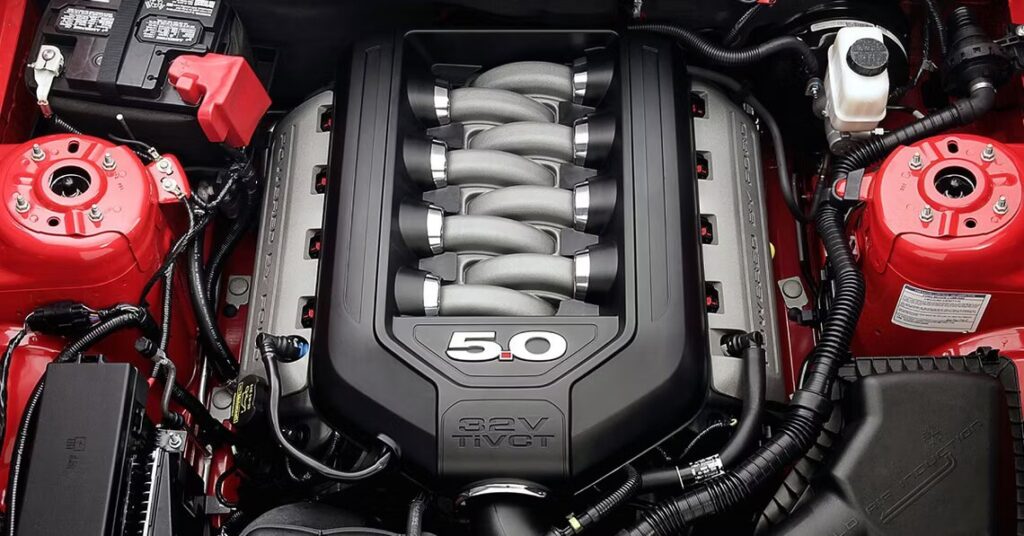
For these reasons alone, we must emphasize the importance of preventative measures. The engine is undoubtedly the most crucial system in the car, with several components ranked as the most expensive to replace. An easy-to-follow engine maintenance checklist will go a long way to save you money, ensure road safety, protect the resale value of your car, and have you on the road for years.
Here’s a list of some easy tips you should implement to help you stay on top of your engine maintenance game.

Check Your Engine Oil
The engine oil is integral to the engine’s lubrication system, designed to keep all running parts moving smoothly without overheating. Every vehicle has a gauge and a dipstick that lets you check the engine oil’s levels, thickness, color, and sludge situation.
Some tell-tale signs of trouble include an oil warning light on the dash, increased engine oil thickness, darker than usual oil color, and oil levels below the ‘minimum’ line of the dipstick. A regular oil change remains the best preventative measure, with most manufacturers advising a periodic change every 5,000 to 7,500 miles.
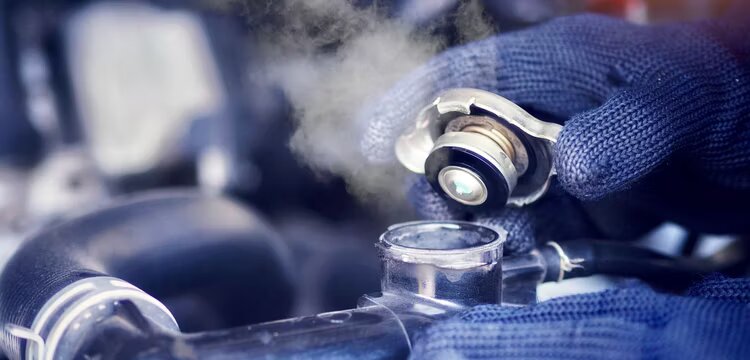
Keep Your Engine Nice And Cool
Car engines have a cooling system comprising a radiator, water pump, coolant, and a thermostat to counter the heat emanating from friction and fuel combustion. It’s essential for owners to visually check the coolant level in the reservoir tank, preferably without opening the reservoir cap and specifically, when the engine is still cold.
A ratio of 1:1 between manufacturer-recommended coolant and distilled water is ideal, but it’s advisable to increase the coolant concentration while visiting areas with sub-zero temperatures. Since most owners forget to change the coolant fluid periodically, consult the owner’s manual to determine how often the manufacturer recommends changing it. If you notice your car overheating and there’s enough coolant, have a mechanic run a cooling system diagnostics check to find and replace the problem ahead of time.

Check For Leaks
You don’t have to be an expert to spot a leak underneath your parking space, or sometimes even smell it when the engine is running. Over time, the intense heat and pressure from engine activity may cause damage to rubber hoses and seals, potentially leading to fluid leakage from these weak points.
Oil and antifreeze are the primary fluids you want to look out for to ensure you stay ahead of a minor issue before it morphs into a major headache. However, it’s important to physically inspect the spot to ensure it’s not water leakage from the AC water outlet.

Inspect Your Belts Regularly
Rubber belts are essential links that run all sorts of vital components depending on the car model, from the fan to the alternator, water pump, and air conditioner. Although manufacturers typically build these belts sturdy enough to last a relatively long time, they eventually start to wear and crack from the abuse.
Inspect your belts regularly, turning them over slightly under sufficient light to see any signs of cracks or tears. If an engine belt breaks while running, it could cause extensive engine damage and poke a hole in your wallet.
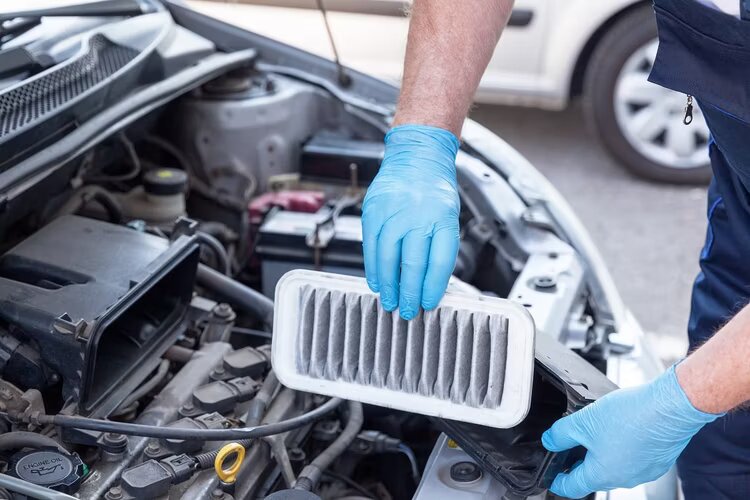
Keep Your Engine Clean
Since air filters keep outside elements like dirt, leaves, and bugs from getting inside your engine, they get clogged with debris over time. Depending on the road conditions and driving habits, air filters need regular replacement every 12,000 to 15,000 miles to ensure your engine receives clean air continually without restriction.
As well as that, oil and fuel filters protect your engine by catching harmful particles and sediments and trapping them in a canister. Just like the air filter, these filters get clogged over time and require regular replacement (every 10,000 to 25,000 miles for a diesel engine and every 30,000-40,000 miles for a gasoline engine) to keep them clean and running smoothly for longer.

Replace Spark Plugs And Wires
Owing to their long lifespan, spark plugs don’t need replacement as often as other engine components like filters. Regularly cleaning helps to remove the soot that accumulates around the electrodes over time. Nonetheless, changing spark plugs and wires before they get too old is still one of the best ways to maintain your engine proactively.
Some manufacturers recommend replacing spark plugs and wires every 80,000 miles to keep your engine firing consistently. However, consider changing spark plugs sooner when your car has trouble starting, the check engine light comes on, the engine idles roughly, fuel efficiency reduces, or your vehicle accelerates unevenly.

Follow-Up On Warning Signals
As obvious as it sounds, the dashboard warning lights come on for several reasons and should never be ignored. On the one hand, not all of them will necessarily demand attention promptly, but you should follow up to avoid neglecting a severe problem.
Besides automotive warning lights, several other signals warrant further investigation before they develop into more significant issues. These include unfamiliar rattles, sounds, and odd burning smells from under the hood, not forgetting colored exhaust smoke.
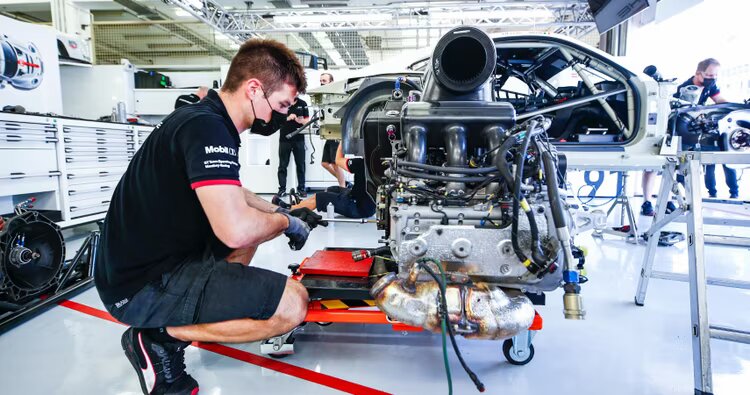
Use Genuine Replacement Parts
Engine maintenance costs and repairs can be a headache, especially with the current inflationary market conditions. However, avoiding cutting corners and buying cheap replacement parts is advisable. Instead, opt for genuine OEM parts.
There are several advantages to buying OEM parts; the quality matches the manufacturer’s production standards, zero compatibility issues, better long-term reliability, and vehicle performance is maintained.ric parts.
Furthermore, OEM parts will help you avoid complications and additional costs associated with modifications or adjustments to accommodate gene
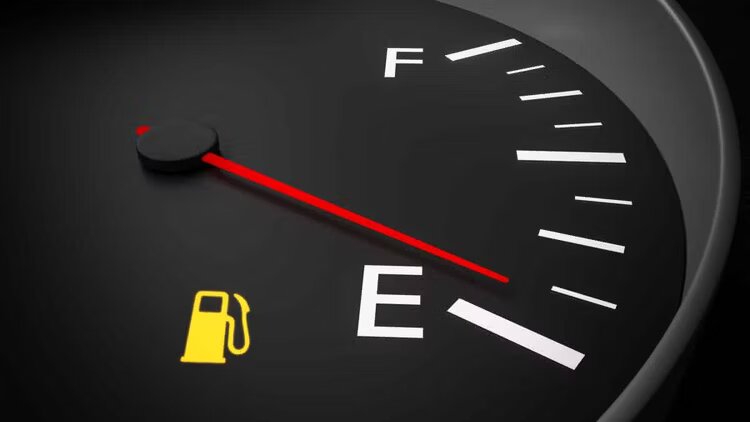
Avoid Driving On Reserve Fuel
It’s normal for a certain amount of gasoline sediment to settle at the bottom of your gas tank. While the fuel filter does an excellent job of keeping most of it away from fuel lines and the engine, pulling from the bottom of the barrel overworks the oil filter, exposing it to premature failure.
Therefore, driving on reserve fuel poses a significant risk of internal engine damage because some debris could pass and clog into areas where it shouldn’t be. You don’t have to fill the tank often, but ensuring you’re not running the gas down to empty will save you from financial pain.

Warm Up And Drive Easy
Surprisingly, the daily habits and driving style of car owners could sometimes become stumbling blocks to engine health and longevity. It’s advisable first to warm up the engine if it has been cold for a while, allowing the engine oil to lubricate moving parts properly and preserve their shelf life. If it’s possible, avoid racing your engine after a cold start.
According to industry experts, your engine will last longer if your driving habits allow the car to run at consistent speeds and RPMs without too much variation. Furthermore, be sure-footed and avoid over-acceleration when you know you have to stop again almost immediately.
